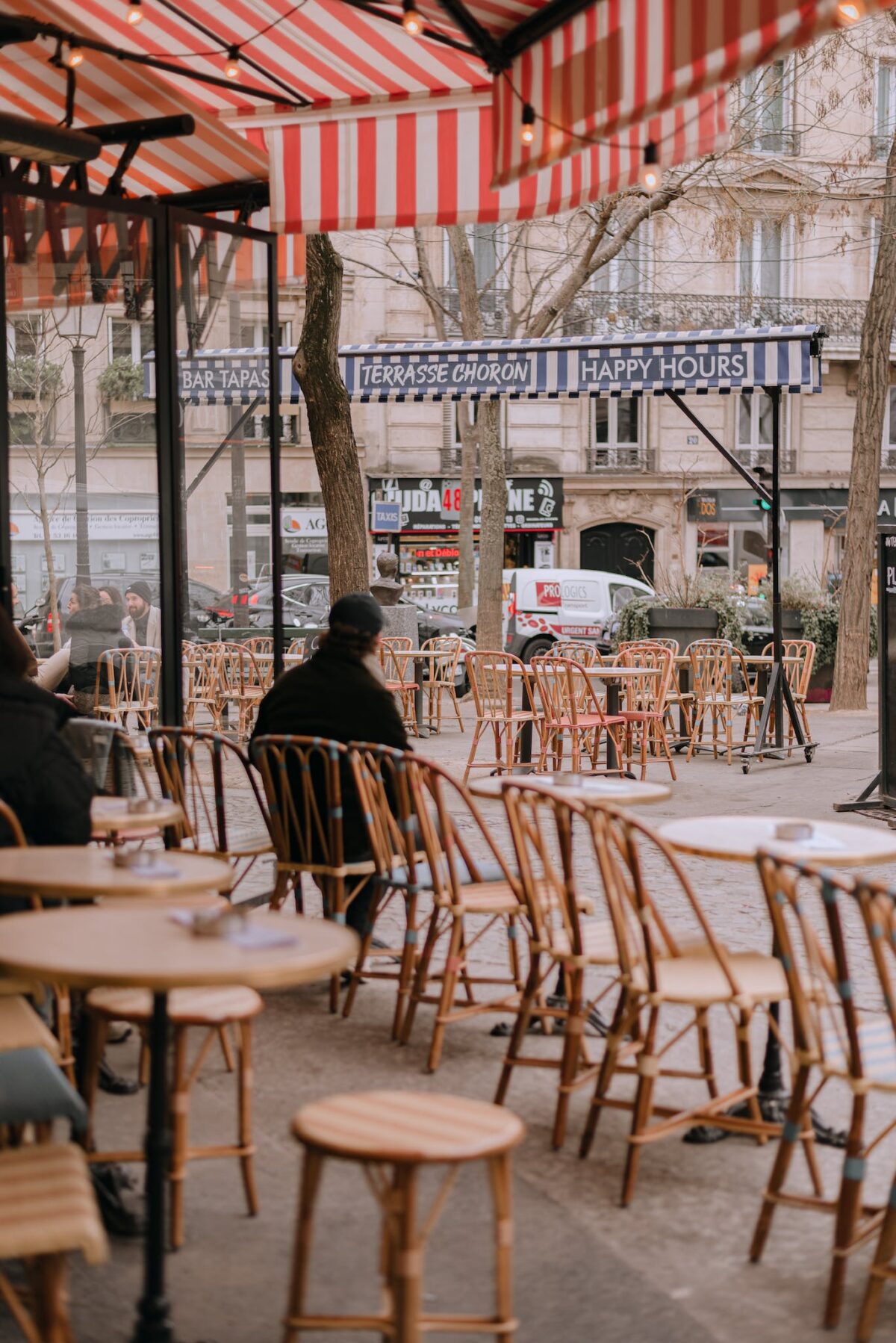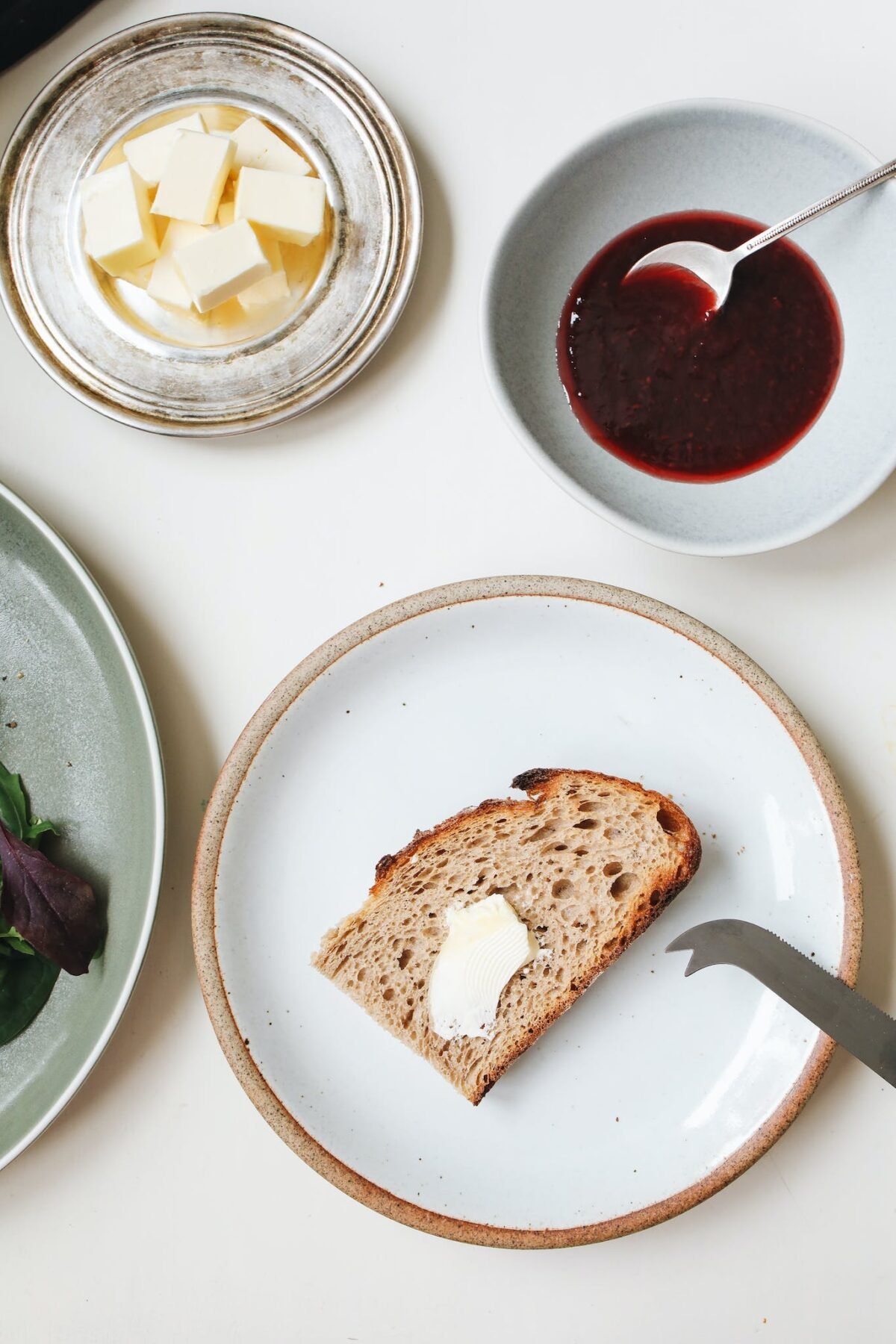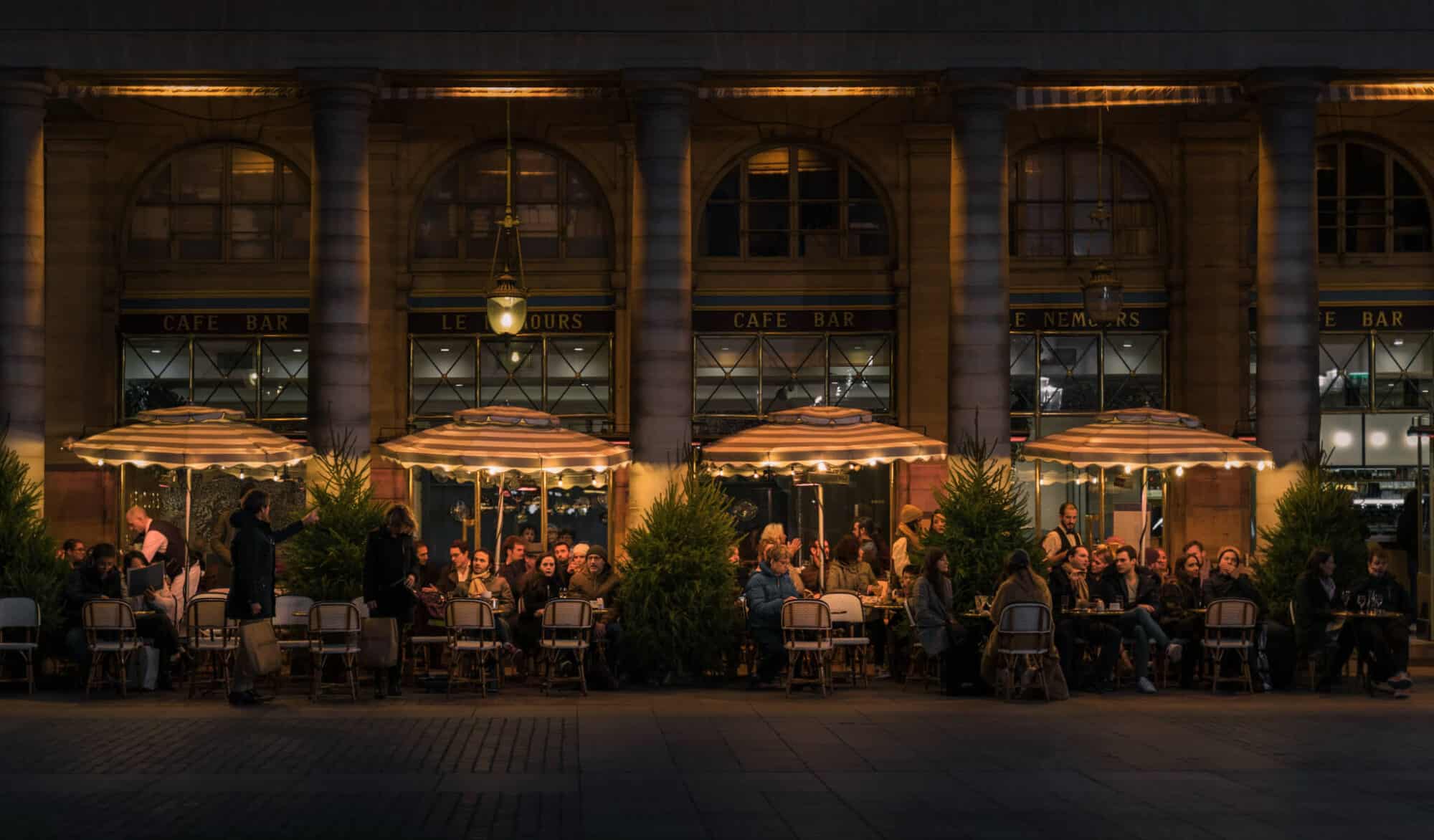French people are born with an innate sense of how to thrive in their natural habitat. Eating well, French fashion, and comporting themselves with general discretion are key elements in this survival strategy. But there is also a set of hard-and-fast rules that underlie the attitudes and behaviors of the population and provide crucial (albeit completely illogical) societal structure. When I was preparing to move to Paris years ago, a friend warned me about these rules. To the outside observer, they sound like a collection of baffling Old Wives’ Tales, but to the French, they are serious business. If violated, they will probably lead to instant death… or worse.
Note: The rules need not be substantiated by any kind of real factual research or tested logic. We don’t know why they’re true, but we know they are because they always have been. So stop asking questions.


1. Wear a scarf at all times.
It’s no wonder that the French have multiple words for different kinds of neck adornments (écharpe, foulard, fichu, châle, etc). If you go outside without one, you will not only violate the rules of French fashion, but you will also risk your life. Your neck is fragile; protect it. Note: scarves cure not just the common cold, but nearly all known ailments.
2. Be suspicious of air-conditioning.
It is unnatural and is to be avoided at all costs. Anyone who has suffered through a sweltering August night in a Parisian garret can attest to the fact that the French take this rule seriously. Some hotels provide an exception—tourists can be sacrificed—but your average French family steers clear. Better to overheat than to die of a mysterious AC-related affliction.
3. Never put food that is still warm in the fridge.
You. will. die. It is fine, however, to leave it uncovered on the counter—or, better yet, outside on the windowsill—for days at a time.
4. Exercise is for foreigners and the misguided.
If you must do it, be discreet. In fact, you can wear normal street clothes (denim is encouraged) in order to give the impression that you are not actually exercising. Make sure to look disinterested, as if this was not your idea.


5. Lightning will probably break your TV.
And there’s nothing you can do about it. If a lightning storm does strike, stand well away from the television, lest it explode and electrify you.
6. Do not eat cooked butter in the morning.
Only Americans do that, and that’s why they’re heavier than the French. It is fine to slather raw butter all over your tartine, but God forbid you try to cook an egg in a pan with butter—you will die, or at least become instantly obese. After noon, of course, feel free to eat as much rendered fat as you wish.


7. Figuring out your unborn child’s gender.
If you’re pregnant and want to tell if the baby will be a boy or a girl, do not waste time going to the doctor. Simply string your wedding ring onto a lock of hair and hold it above the pregnant stomach. If it swings in circles, it’s a boy. If it swings like a pendulum, it’s a girl. And if you don’t have a wedding ring, I guess you’ve got other things to worry about. Stop contemplating the gender of your love child and brace yourself for some serious Tsk Tsk-ing from your French grandmother. The good news? Pregnancy—legitimate or otherwise—does not preclude drinking (the moderated, French kind of drinking, bien sûr).
So there you have it. That should be enough wisdom to keep you alive for the time being. And if following these rules doesn’t make you safer, it will (at the very least) make you more French. Bon courage!
Unspoken Rules of french culture
1. Always say ‘bonjour’ or ‘bonsoir’ when encountering others and before launching into a conversation, and the appropriate equivalent upon leaving. It’s been said time and again but it cannot be emphasized enough.
2. Try to start conversations in French, even if your language skills are limited, and if only just to ask politely if the other person speaks English.
3. The French generally avoid speaking about money and do not ask questions about one’s salary.
4. Hugging is considered very intimate. Social greetings are generally limited to shaking hands or ‘faire la bise’.
5. Common small talk questions about your job, marital status or children are not the norm in France.
6. Leftovers are generally not taken home after a meal in restaurant.
7. The French are generally more formal than Americans upon first meeting. Respect the formal tense of you (‘vous’) upon initiating a conversation with someone you don’t know.
1. Liberté, Egalité, Fraternité. Unity and equality are the cornerstones of what it means to be French.
2. Artistry and intellect are highly valued. There is an strong emphasis on beauty in the culture.
3. French people take great pride in the language.
4. Family is a central to French cultural life. Intertwined with this is long, ritualistic meals, as well as gatherings with extended family especially on weekends and holidays.
- Winter is not tourist high season but there’s lots to do and see, without the queues and crowds. Check out what there is to do in Paris in February.
- Confused about when to use madame or mademoiselle? Read one woman’s experience becoming ‘madame’ after a lifetime of ‘mademoiselle’.
- Even coffee culture is different. Do you prefer French coffee or caffè Italien?
Written by Tory Hoen. Looking to travel? Check out Plum Guide and our Marketplace for fabulous vacation rentals in Paris, France or Italy. Looking to rent long or short term, or buy in France? Ask us! We can connect you to our trusted providers for amazing service and rates or click here. Looking to bring France home to you or to learn online or in person? Check out our marketplace shop and experiences.



